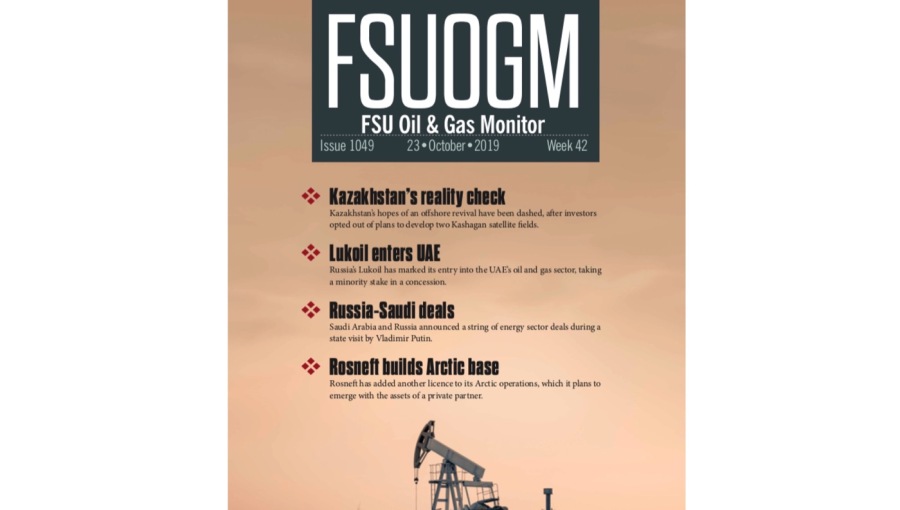FSUOGM: Turkey seeks US waiver from Gazprombank sanctions

Turkey is seeking a waiver from US sanctions on Russia’s state bank Gazprombank, which plays a critical role in facilitating payments for Russian natural gas supplies, the government in Ankara said on November 26, according to Reuters.
The outgoing Biden administration slapped sanctions on Gazprombank and over 50 other Russian banks on November 21, noting how the financial arm of Russia’s natural gas giant Gazprom was helping to fund Moscow’s war in Ukraine. Under a 2022 Kremlin decree, Gazprombank facilitates almost all payments for Gazprom’s gas sales in Europe.
Gazprom supplies roughly about 40% of Turkey’s gas imports, and would not be able to tap enough pipeline supply from Azerbaijan and Iran, as well as LNG shipments, to replace these volumes.
Turkish Energy Minister Alparslan Bayraktar drew attention to Washington’s earlier issue of a waiver to Turkey for purchasing gas from Iran.
"These sanctions will affect Turkey. We cannot pay; if we cannot pay we cannot buy the goods. The foreign ministry is in talks," he said to reporters on November 25, according to Reuters.
A meeting took place between representatives from the Turkish and Russian foreign, trade and finance ministries and their central banks on the same day, a Turkish official said separately, the news agency said. They discussed the latest US sanctions and their impact on energy trade between the two countries.
"We discussed with the Russian delegation what can be done to prevent Turkey from being subject to sanctions during this process and what the effects of this will be," the official said.
Turkey is also discussing the issue with the US, the official said.
Announcing the sanctions on Gazprombank and other Russian entities, the US Treasury Department said that US citizens and entities had until December 20 to wind down transactions and other connections with the bank. Secondary sanctions mean that citizens and entities in other countries also must comply to avoid getting locked out of the US financial system.
Other affected gas buyers such as Hungary and Slovakia have said they are assessing the impact of the sanctions. With just over a month before the expiry of Russia’s contract to transit gas through Ukraine, the pair could lose the majority of their supply anyway.
One Turkish gas trader Bosphorus Gaz may have found a workaround to the latest sanctions, having launched last month a currency exchange mechanism, whereby it will transfer euros to Turkish exporters of goods to Russia, in lieu of paying Gazprom for gas imports. In turn, Russian importers of Turkish goods will pay Gazprom in rubles instead of paying their Turkish suppliers. But the system is still in its pilot phase.
If you’d like to read more about the key events shaping the former Soviet Union’s oil and gas sector then please click here for NewsBase’s FSU Oil and Gas Monitor.


Follow us online